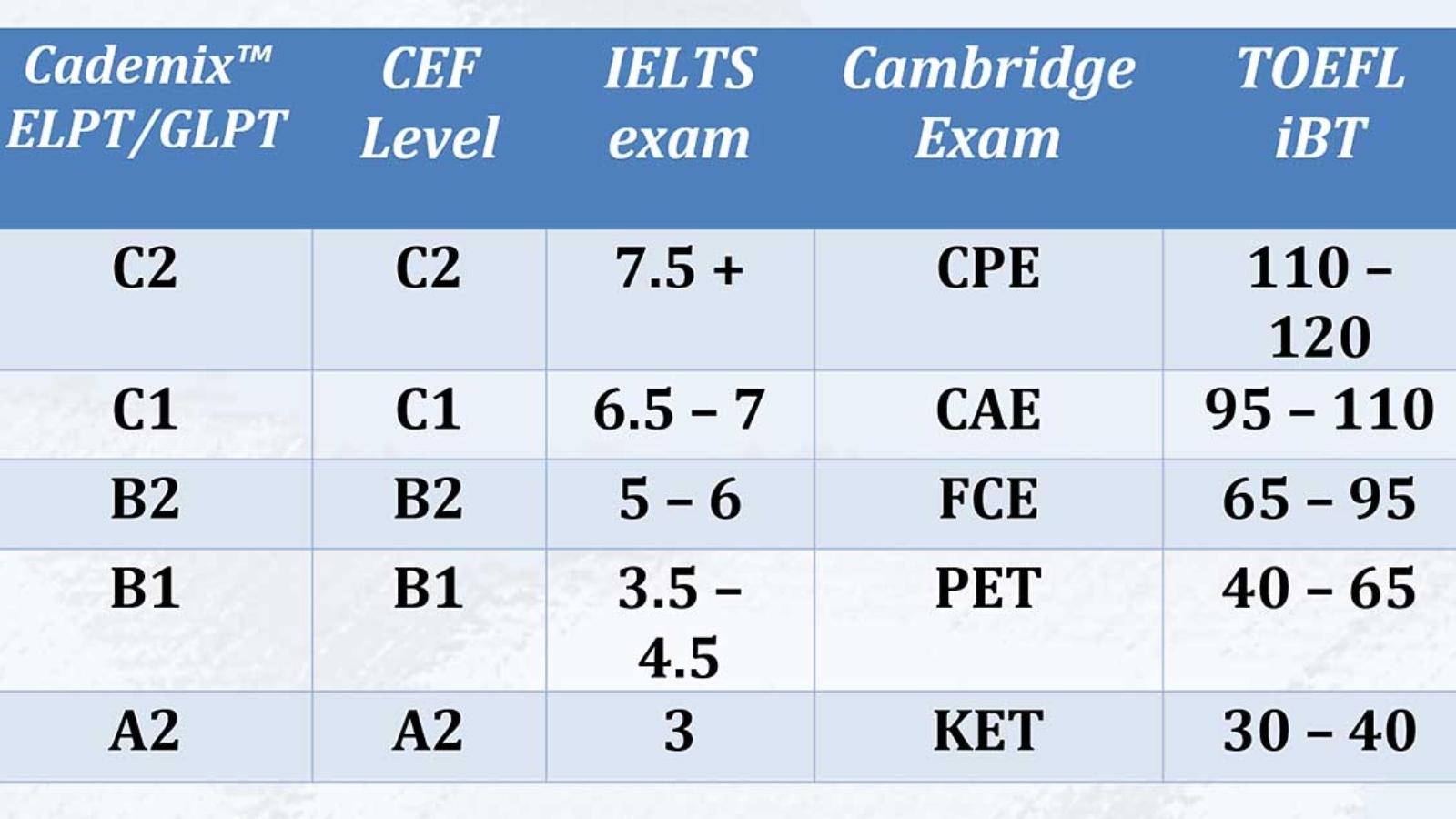When it comes to testing English language proficiency for academic or professional purposes, two of the most popular exams are the TOEFL (Test of English as a Foreign Language) and IELTS (International English Language Testing System). Both exams are widely accepted by universities and organizations around the world, but they have some key differences that test takers should consider before choosing which exam to take.
TOEFL is administered by ETS (Educational Testing Service) and is commonly required for admission to universities in the United States, while IELTS is jointly managed by the British Council, IDP: IELTS Australia, and Cambridge Assessment English and is more commonly accepted in the UK, Australia, and Canada. Both exams test reading, writing, listening, and speaking skills, but the format and scoring criteria vary between the two exams.
One of the main differences between TOEFL and IELTS is the speaking section. In TOEFL, the speaking section is done via computer, where test takers record their responses to prompts, while in IELTS, the speaking section is done face-to-face with an examiner. Some test takers may find the computer-based format of TOEFL more convenient and less stressful, while others may prefer the human interaction in the IELTS speaking section.
Another key difference between TOEFL and IELTS is the writing section. In TOEFL, test takers are required to write essays based on reading and listening passages, while in IELTS, test takers are presented with a more general topic for their essay. This can impact the preparation needed for each exam, as TOEFL test takers may need to focus more on integrating information from multiple sources in their writing.
Ultimately, the choice between TOEFL and IELTS comes down to personal preference and the requirements of the institution or organization you are applying to. Some test takers may find one exam more suited to their strengths and testing style than the other. It’s important to research the specific requirements of the institutions you are applying to and consider your own strengths and weaknesses before choosing which exam to take.
In conclusion, both TOEFL and IELTS are widely accepted exams that test English language proficiency, but they have some key differences in format and scoring criteria. Test takers should carefully consider their own strengths and preferences before choosing which exam to take, and research the specific requirements of the institutions they are applying to. With proper preparation and practice, both exams can be successfully conquered to achieve your academic or professional goals.
